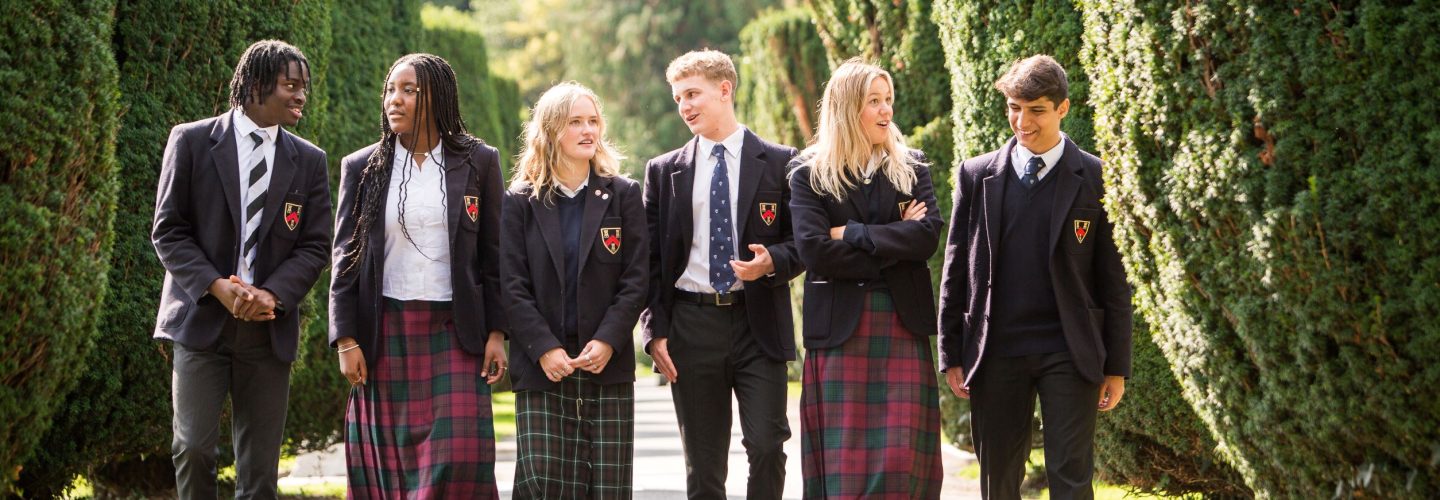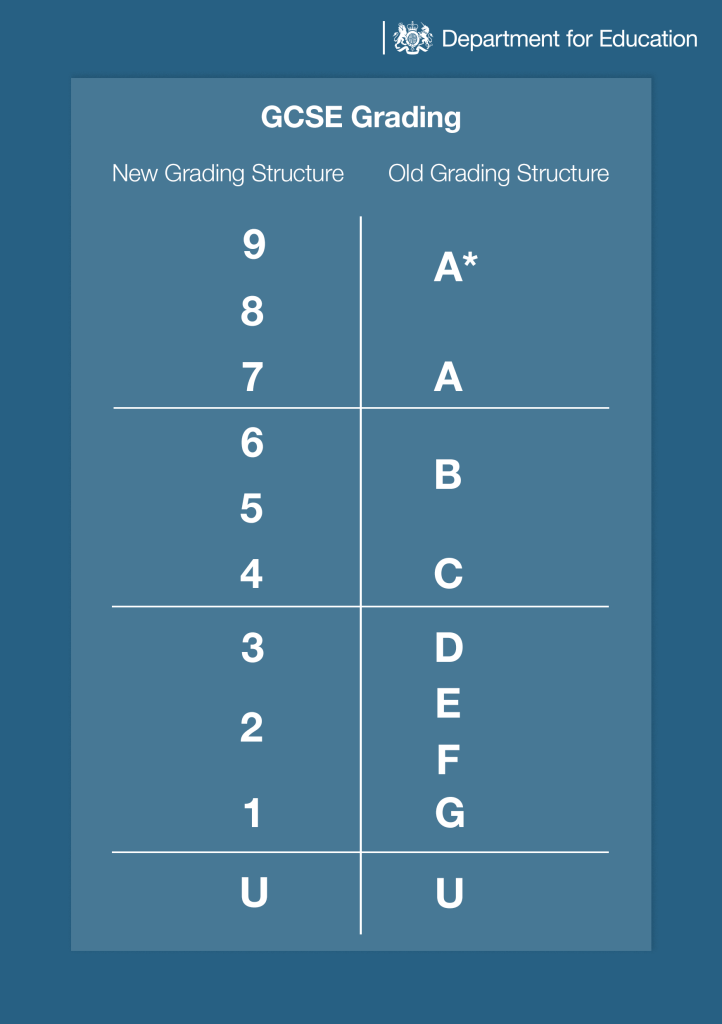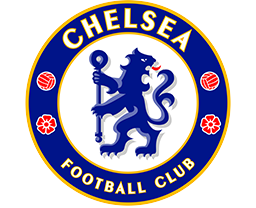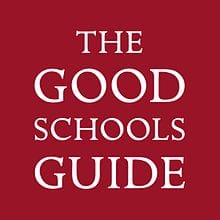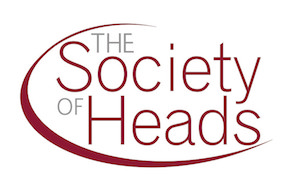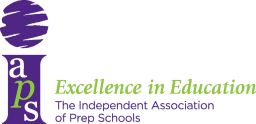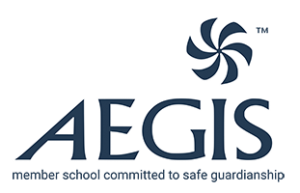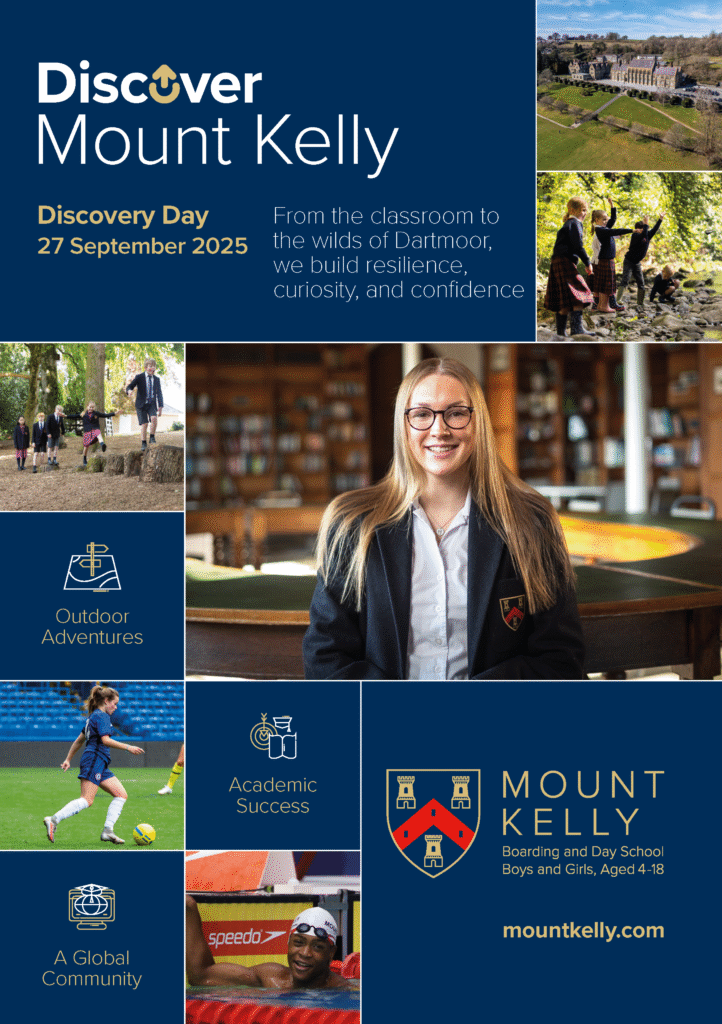We are very proud of the consistently strong public examination results achieved by our pupils, demonstrating clearly that a key priority at Mount Kelly is the fulfilment of academic potential.
We combine high expectations with accurate monitoring of progress, carefully considered enrichment activities and individually tailored support to ensure that every child, across the ability range, meets and often exceeds those expectations.
In Years 7 and 8 our pupils study at the Prep moving seamlessly to the College in Year 9. The academic programme for these year groups is designed to enrich and extend and to encourage debate, critical thinking and the exploration of new ideas. We aim to instil good work habits that will provide a strong foundation from which to progress to GCSE.
The importance of independent learning is fundamental to teaching styles throughout the School.

